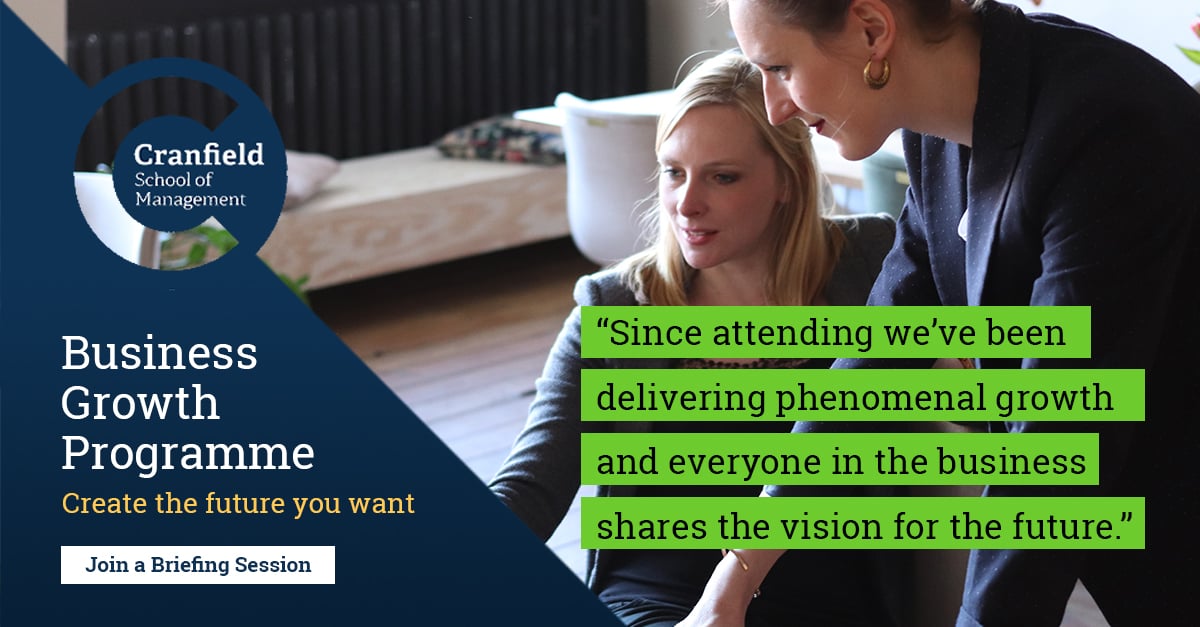“I don’t really understand my business’s numbers. Our costs are huge, we aren’t growing, and we have no contingency to cover us if anything goes wrong.”
Most businesses have a basic financial function in place: they invoice their clients, generate cash and pay their bills. But many lack the quality financial management information they need to make the most of opportunities, increase profitability and mitigate against risk.
A lot of owner-managers are surprisingly not that interested in the numbers. They are interested in the business, it’s day-to-day operations and that it has enough cash to pay its bills and wages, but they aren’t as interested in really drilling down into the numbers and trying to improve them. Most see sales as the way to improve the business’s finances, not looking at the numbers.
But, by failing to analyse the numbers, businesses can often miss quick wins that could make them more profitable. If owner-managers don’t feel able to take this on themselves, they should look to appoint someone who can do it for them.
Many business owners don’t get monthly management accounts or, if they do, they either get them too late in the day to do anything about them, or they don’t include the right information. Often, they focus too much on this retrospective, historic information, and don’t spend enough time forecasting for the future. If you’re only focused on the here and now, how will you know if your business is actually making any money long-term?
Businesses that aren’t doing well financially can often be quite macabre. They know things aren’t going well but they don’t want to look too far ahead. They think: ‘Something will turn up’.
It is good practice for businesses to look at their costs every year to see where savings could be made. Businesses should go through expenditure line by line and evaluate if they really need to spend on that and, if they do, if there is a cheaper way of doing things. In many established businesses, you find the numbers haven’t been re-brokered in years. It’s a question of prioritisation, and it can tend to get pushed down the list as other priorities take over, but if you cut costs it usually goes straight to your bottom line, so there’s a very good reason to do it.
A useful exercise to do is to assume that you don’t have any of the staff you currently have, or any of the other resources. If you were starting from scratch, what would you actually need to deliver your service to your clients?
Another financial issue for businesses can be getting their pricing right. Many businesses aren’t aware of their competitors’ pricing and don’t do any sort of mystery shopping or market testing. Many set their prices when they first start out. Before you know it, years can have gone by and those numbers haven’t changed. It’s important to be really strategic about pricing because, if you’ve sorted out your costs, this is where you can easily improve your profit margin.
Businesses should review their portfolio of products and work out in which areas they need to be very competitive on pricing, and which areas are less price sensitive. If you are selling a professional service it’s important to be very disciplined in attaching costs – especially staff time – to jobs, and review those costs at the end of each job to make sure you are estimating correctly and not making losses on projects.
A common problem I’ve found in businesses that come on the Business Growth Programme is a lack of willingness to be open about the numbers. Very often the mindset of business owners is: ‘I’m a major shareholder. I don’t really want people to know what sort of profit I’m making.’
The problem with this is that, if the business’s finances are a big secret, you’re probably not going to develop a very commercially-savvy team. Your employees don’t need to know every single financial metric, but they do need to understand the key ones that affect the job they’re doing. If not, then everything to do with the business’s finances and future direction will always depend on you as the business owner – you won’t have other people to help you make good decisions in those areas.
With thanks to Yvonne Quinn



